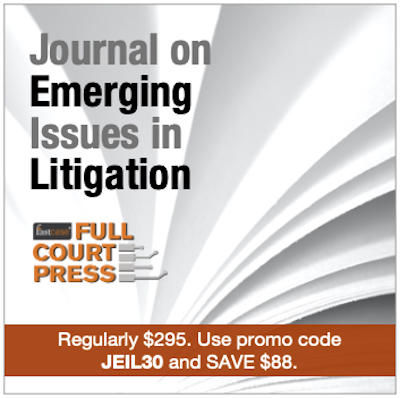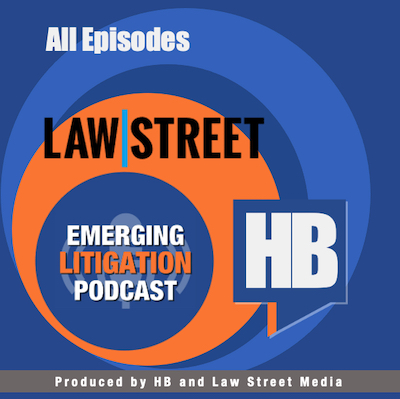FTC v. Amazon:
Market Definitions and Section 5 of the FTC Act
Traditional antitrust economics faces significant challenges grappling with the new economy industrial environment, and the Amazon case is likely to be a crucial test for antitrust and the usefulness of Section 5 of the FTC Act.
The key issue is whether a price increase on Amazon could drive online shoppers to Google Shopping, Walmart, Target, Costco, eBay, Home Depot, Best Buy, Wayfair, or any number of other online retail destinations that are potential substitute outlets for products sold on Amazon.
Abstract:
The Federal Trade Commission’s (FTC) challenge to Amazon.com’s practices relating to its participation on its own platform—competing with the many merchants who rely on the powerful commercial hub to make sales—violate the Federal Trade Commission Act. The court’s analysis is likely to depend heavily on the FTC’s definition of the relevant antitrust markets in which it claims Amazon possesses market power and harms competition. Traditional antitrust economics face significant challenges grappling with the relatively new digital economy. The author examines these and other issues raised in the case, which he anticipates will be a crucial test for antitrust and the FTC Act.
Get additional insights from Jonathan Rubin at the MoginRubin Blog.




